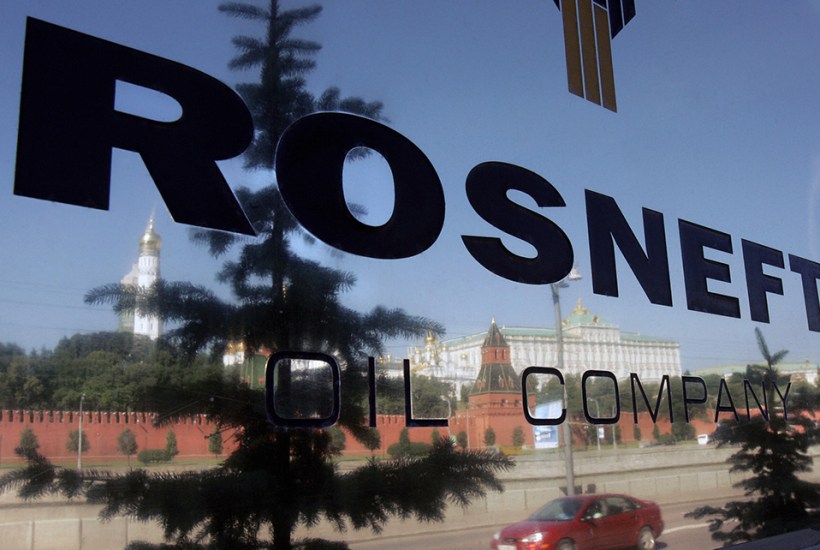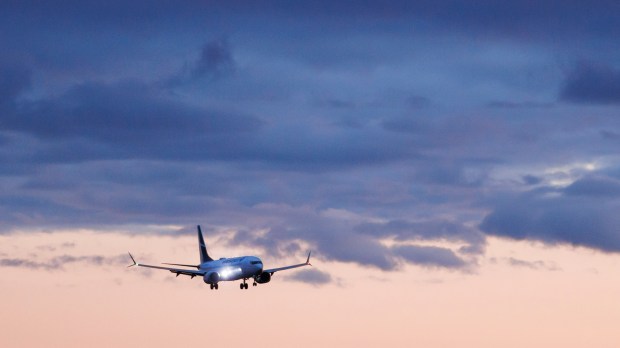Will a price cap on Russian oil sales be a winning move in the Ukraine war? Since the invasion began, Russia has continued exporting crude and refined oil products at barely less than pre-war volumes and at rising prices that have replenished Putin’s coffers. From this week, however, the EU and G7 have imposed a ban on seaborne Russian crude imports and a $60-per-barrel price cap to be enforced by banning western shipping and insurance firms from handling Russian shipments sold above the price cap.
Already a subscriber? Log in
Subscribe for just $2 a week
Try a month of The Spectator Australia absolutely free and without commitment. Not only that but – if you choose to continue – you’ll pay just $2 a week for your first year.
- Unlimited access to spectator.com.au and app
- The weekly edition on the Spectator Australia app
- Spectator podcasts and newsletters
- Full access to spectator.co.uk
Unlock this article
You might disagree with half of it, but you’ll enjoy reading all of it. Try your first month for free, then just $2 a week for the remainder of your first year.















Comments
Don't miss out
Join the conversation with other Spectator Australia readers. Subscribe to leave a comment.
SUBSCRIBEAlready a subscriber? Log in